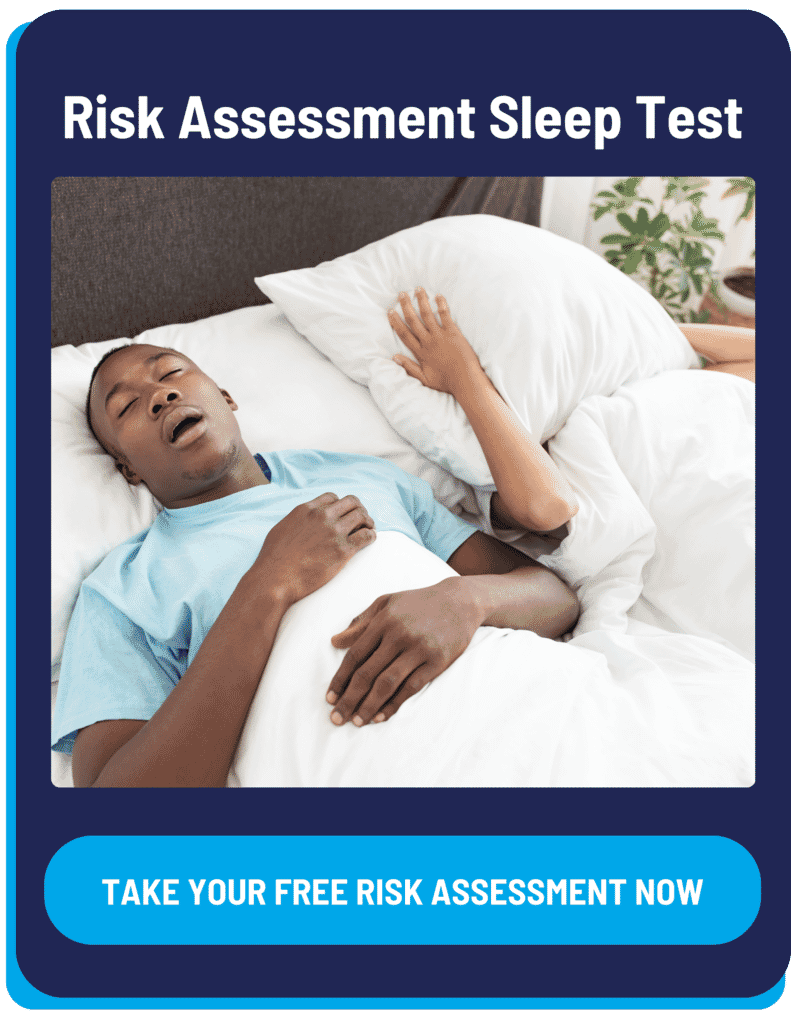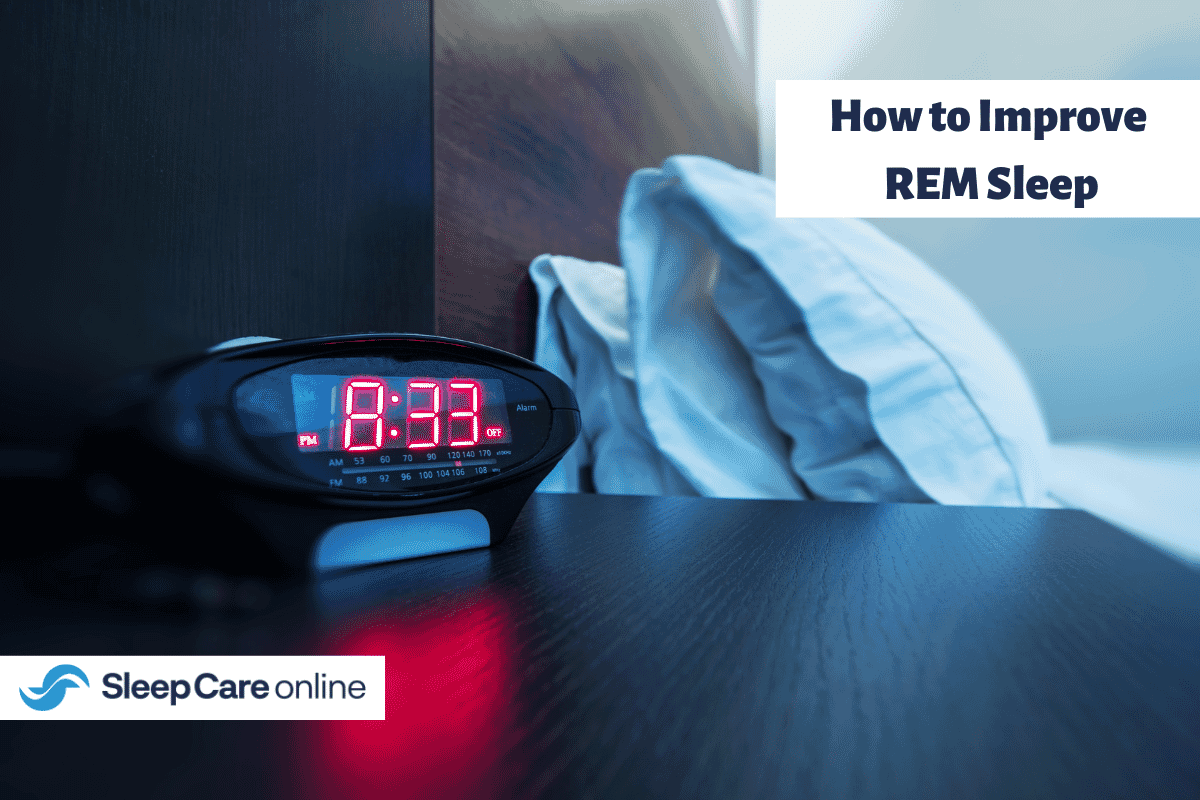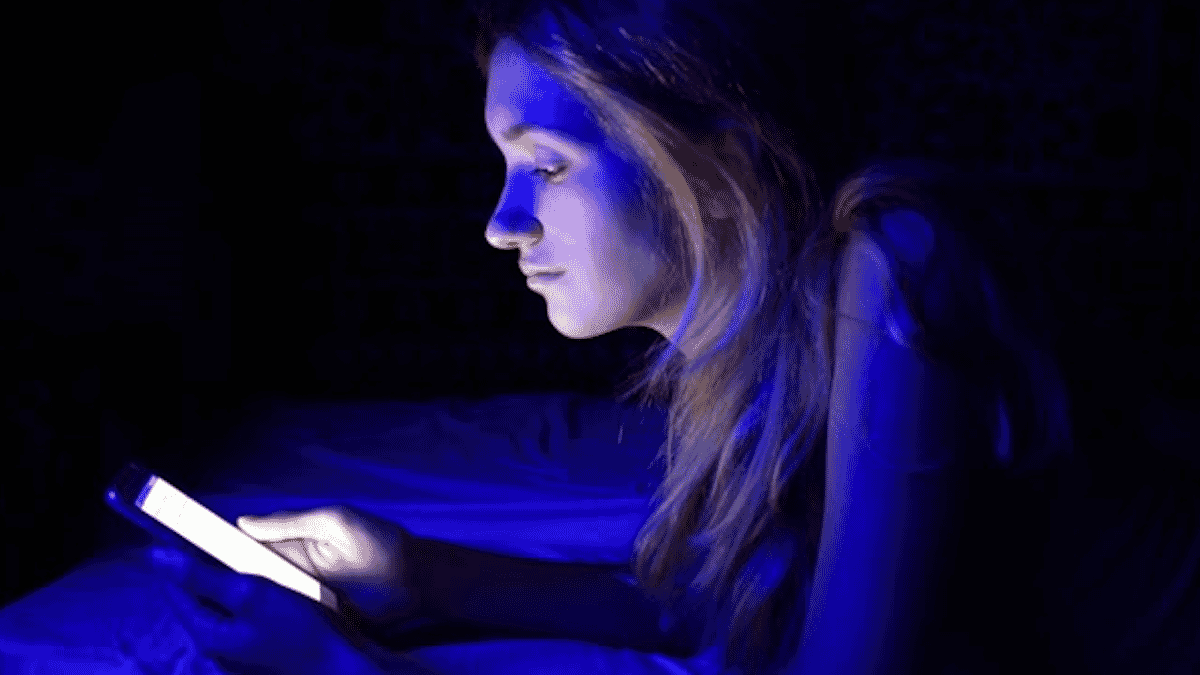For many sleep apnea patients, they may notice an increase in symptoms during the winter months. This does not necessarily mean that you are failing to stay CPAP compliant. There are many seasonal reasons why sleep apnea may be worse during the winter.
Why Is Sleep Apnea Worse in Winter?
Weather patterns such as high pressure. In winter weather, especially in regions that get colder, the air becomes drier. Reduced humidity can make sleep apnea worse.
Elevated amounts of carbon monoxide. Heating system use increases with winter, increasing the presence of carbon monoxide in indoor air, which can contribute to an increase in sleep apnea symptoms.
Frequency of colds. Winter also brings an increase in the sniffles. The common cold spreads easily during winter months and can make breathing with CPAP more difficult.
The heat generated by forced air spreads allergens. Your heating system at home is more likely to spread allergens. With windows closed due to cold weather, allergens can circulate throughout a home and become a problem for CPAP patients.
Dry air irritates the respiratory tract. The dry air of winter is more likely to irritate the respiratory tract, which can lead to an increase in sleep apnea symptoms.
Tips For Better Winter Sleep

Stay cool but not chilly. It is typical for people to turn their heat up on colder days, but that may not be the best way to have a better night’s sleep. Sleeping at a cooler temperature can improve sleep. Be sure you are not so cold you are too chilly to sleep. Set your thermostat between 62 and 68 degrees.

Have a light dinner and limit your late evening snacking. Avoid heavy meals at night and avoid those late-night snacks as that will hinder your sleep. You want your body to finish digestion before you go to bed so it does not disrupt sleep. It is recommended to not eat at least 2 hours before bedtime.
Tips For Better Winter Sleep with Sleep Apnea
Use a humidifier. Because dry air can irritate nasal passages and impact CPAP, use a humidifier to help moisten the air. Many CPAP machines come with built-in humidifiers.
Use an air purifier. Improve the quality of your indoor air during the winter months with air purification. Those trapped allergens and dust in your HVAC can affect your sleep apnea. Try to run the air purifier in your bedroom to directly improve the air where you sleep.


Don’t miss your regular exercise. Along with a healthy diet, a regular exercise routine helps reduce weight or maintain a healthy weight. Even ten to fifteen percent weight loss can reduce sleep apnea severity by 50 percent.
Where Can I Get an At-Home Sleep Test?
Regardless of the season, poor sleep should never be taken lightly. See if your sleep loss is related to sleep apnea with an at-home sleep test.
Home sleep tests are easy to use and can be completed in the comfort of your own home on your own schedule. They are convenient, affordable, and offer quick and accurate results. Learn more about at-home sleep apnea testing at Sleep Care Online.




